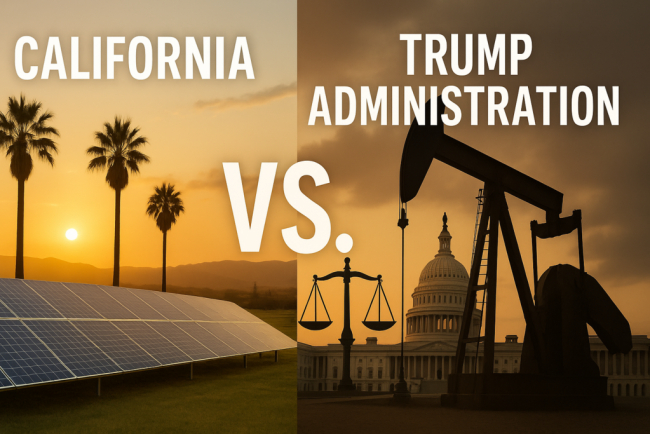Global Cooperation Barometer 2025: Navigating a Disordered World

Global Cooperation Barometer 2025: Navigating a Disordered World
The Global Cooperation Barometer 2025 provides an in-depth examination of the nature of global cooperation in the face of an increasing number of global challenges. The barometer, published by the Global Cooperation Institute, offers insight into changing relationships between nations, with specific focus on the challenges of coping with a diversified world order under pressure from conventional alliances, and rising new centers of power.
Deteriorating Trust and Rising Tensions
The report sees that there has been eroding trust between nations over the last decade. Geopolitical tensions, trade wars, and competing national interests have created a culture of distrust. Although most nations still support multilateral institutions such as the United Nations and the World Trade Organization, their effectiveness has come into question.
The report indicates that the trend of leaving multilateralism and opting for a more regional, fractured approach to diplomacy is significant. The pandemic caused by COVID-19, global warming, and the war in Ukraine have exposed the vulnerability of international cooperation as nations shifted to more protectionist and nationalist agendas.
Thus, international governance is being increasingly marked by converging interests because more countries are employing transactional diplomacies. Through doing this, there has been an outcome where cooperation remains in the same limited realm of problem-solving or even local issues but not in the universal ends of international cooperation.
A New World Order Emerges
The report also highlights the emergence of new geopolitical actors, specifically China and India, that are increasingly asserting themselves on the world stage. The United States, the world's long-standing dominant power, is increasingly being challenged for influence, both in the classical domains of global finance and security, and in the new arenas of technology and climate policy.
China's Belt and Road Initiative to construct infrastructure connectors between Asia, Africa, and Europe is a single example of China's increasing influence. Simultaneously, India's emerging economic and strategic stature places it as a necessary actor in defining the future of global cooperation. These nations are pioneers in remaking international political and economic relationships that affect the cooperation of the current powers.
The Growth of Regionalism
A second ubiquitous theme of the barometer is the growing salience of regional institutions. The European Union, African Union, and ASEAN (Association of Southeast Asian Nations) are all mentioned as illustrations of how states are discovering mechanisms for coordinating on issues of a regional nature, at times even going around more comprehensive global institutions.
For example, the European Union has maintained and reinforced its intra-union partnership despite facing adversity in the guise of Brexit and the ongoing migration crisis. Regional cooperation has been critical in Africa to address matters of security as well as economic development. ASEAN nations have collectively attempted to handle everything from commerce to global warming, though tensions still persist around balancing interests of various member nations.
While all of these local initiatives have been successful, the report does find that many regions are still broken and divided by competing national interests, which continue to thwart progress. In Africa, for instance, the absence of political harmony and economic integration continues to prevent the continent from being able to address its most critical challenges, including poverty, conflict, and climate change.
The Future of Global Cooperation
In the future, the Global Cooperation Barometer 2025 estimates that the global cooperation world will be influenced by a number of pivotal factors. The increasing global influence of non-state players like multinational corporations, non-governmental organizations, and civil society movements can be anticipated to play powerful roles in the global scene. These players are increasingly taking on roles traditionally played by governments, particularly in the realm of global issues like climate change, human rights, and public health.
Meanwhile, the increasing significance of new technologies—primarily artificial intelligence, digital currencies, and renewable energy—will require a new degree of global cooperation. Governments will have to learn how to deal with these technologies in a manner that ensures international stability, prevents conflicts, and ensures equal development.
Lastly, the report emphasizes international institution reform. A more interdependent and intricate world means existing global governance arrangements are no longer effective. The United Nations, World Trade Organization, and other world institutions will have to adjust in order to counter the multipolarity of the world and interests of rising powers and regional institutions.
Conclusion
The Global Cooperation Barometer 2025 depicts an increasingly disordered and fragmented yet also a world where new avenues of cooperation may be opened up. While the level of faith in international cooperation is at all-time lows, the need for cooperation on the common global concerns of climate change, pandemics, and security is greater than ever before. The destiny of international cooperation is to be made by how the states, institutions, and the non-state actors manage this emerging landscape.
Source: Global Cooperation Institute, Global Cooperation Barometer 2025
What's Your Reaction?

















